Should Penmanship Return to School?
Should Penmanship Return to School?
670 members have voted
-
1. Should Penmanship Return to School?
-
yes-a good hand is an important part of one's presentation360
-
yes-not vital, but a good subject, both for use and discipline243
-
no-there are more important subjects for young minds42
-
no-with computers, good/beautiful handwriting is outdated22
-
no opinion3
-
-
Forum Statistics
352.2k
Total Topics4.6m
Total Posts -
Member Statistics
125,477
Total Members2,078
Most OnlineNewest Member
Costello
Joined -
Images
-
Albums
-
European pens
- By A Smug Dill,
- 12
- 32
-
Ink
- By Penguincollector,
- 0
- 1
- 6
-
j1tters
- By 2ouvenir,
- 0
- 0
- 16
-
more
- By AmandaW,
- 3
- 3
- 65
-
Glamour Shots
- By Penguincollector,
- 0
- 0
- 1
-


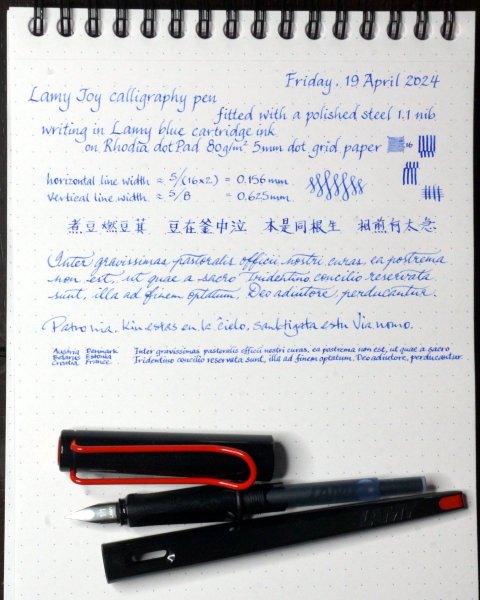

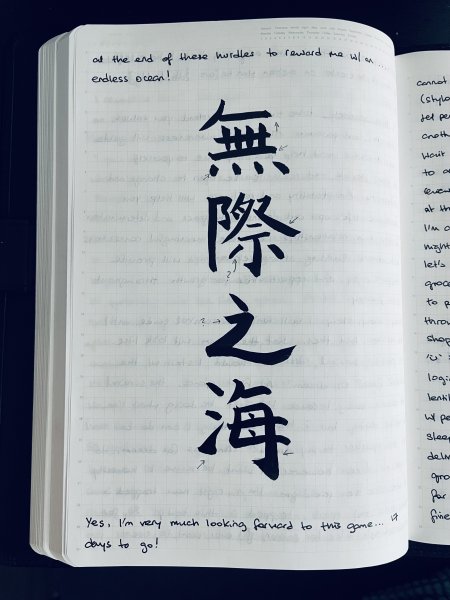


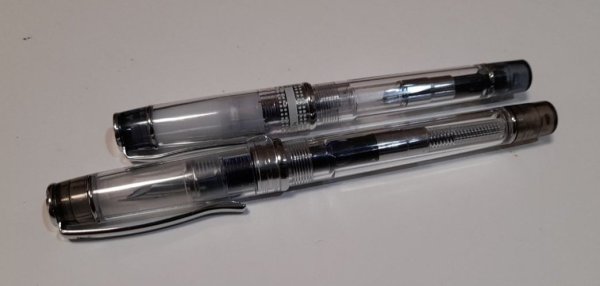
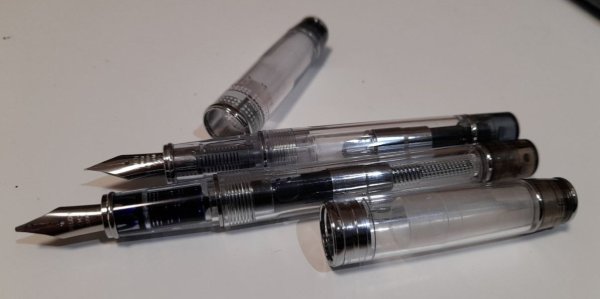
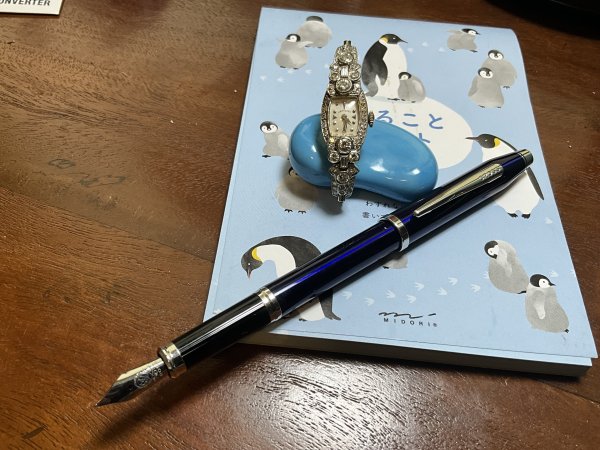

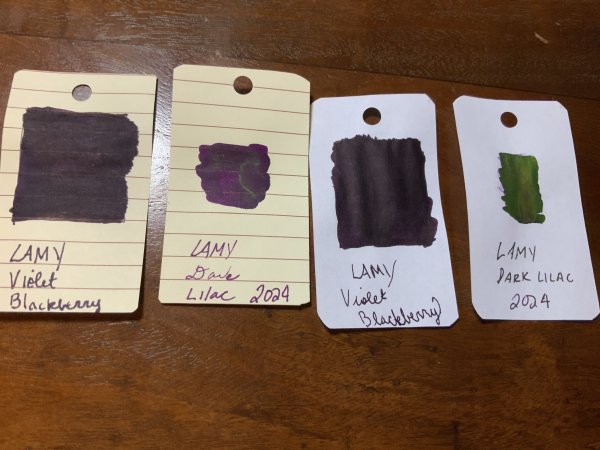


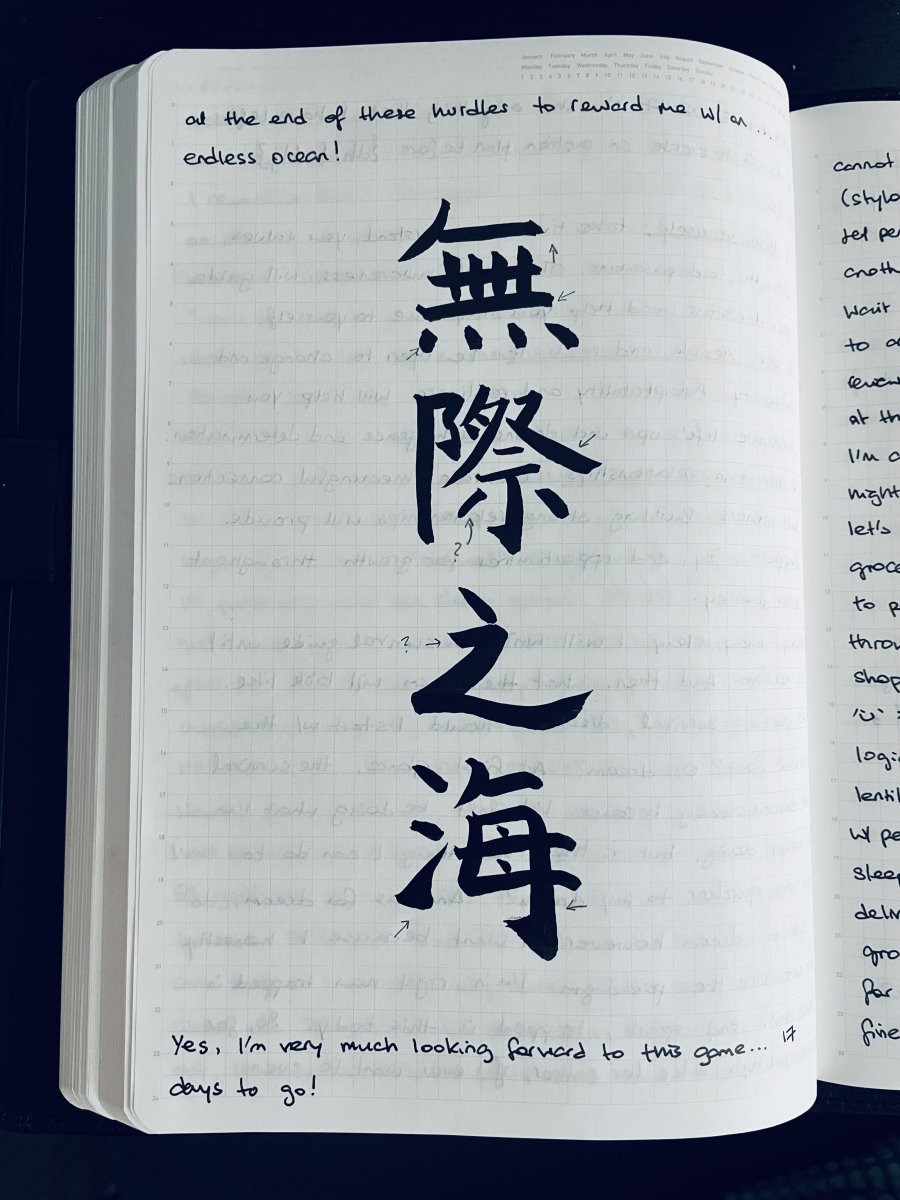
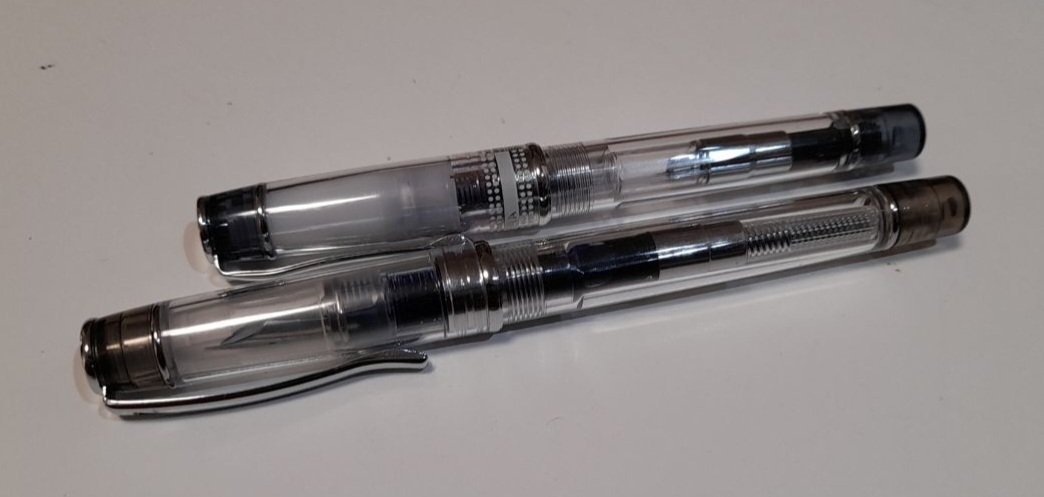
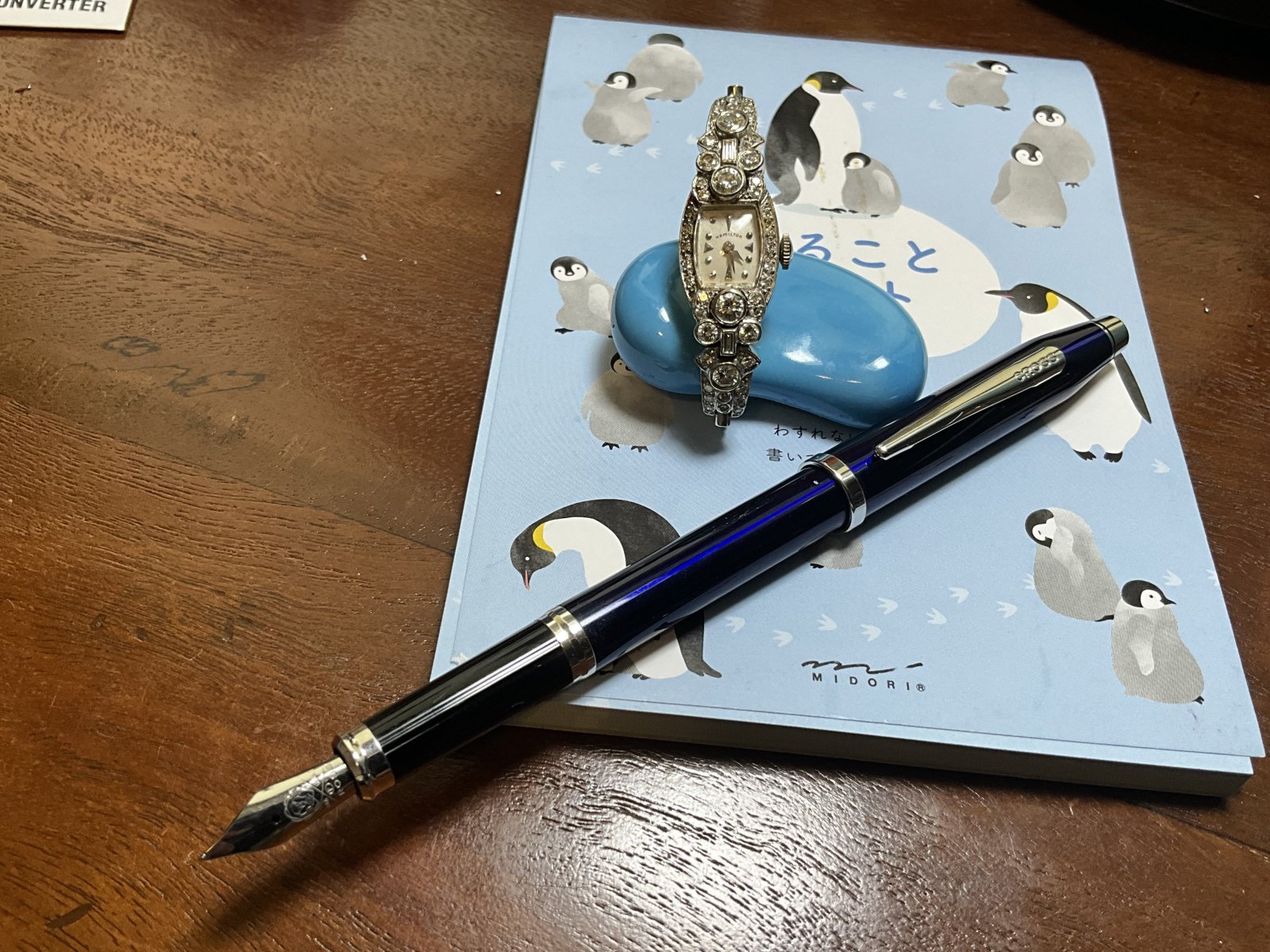

.thumb.jpg.f07fa8de82f3c2bce9737ae64fbca314.jpg)




desaturated.thumb.gif.5cb70ef1e977aa313d11eea3616aba7d.gif)





Recommended Posts